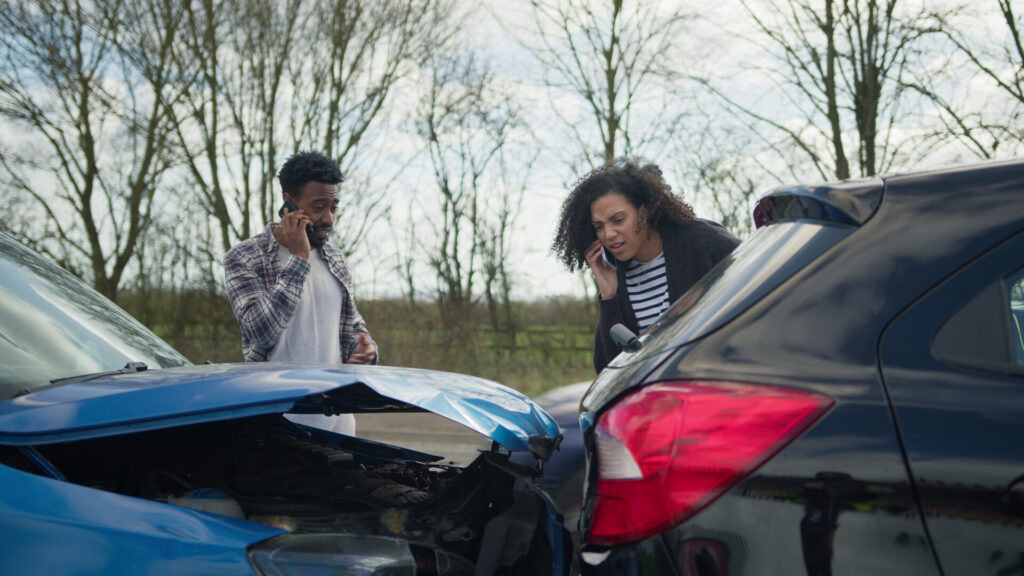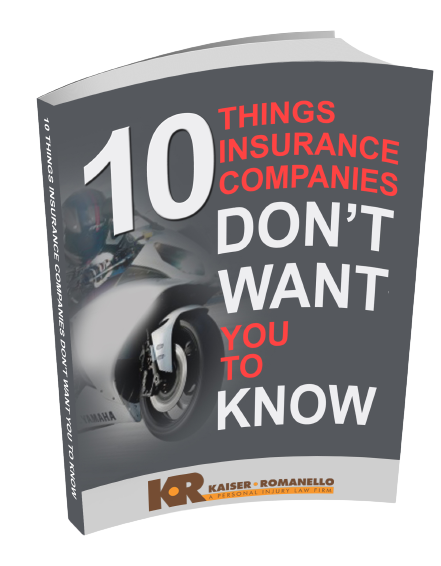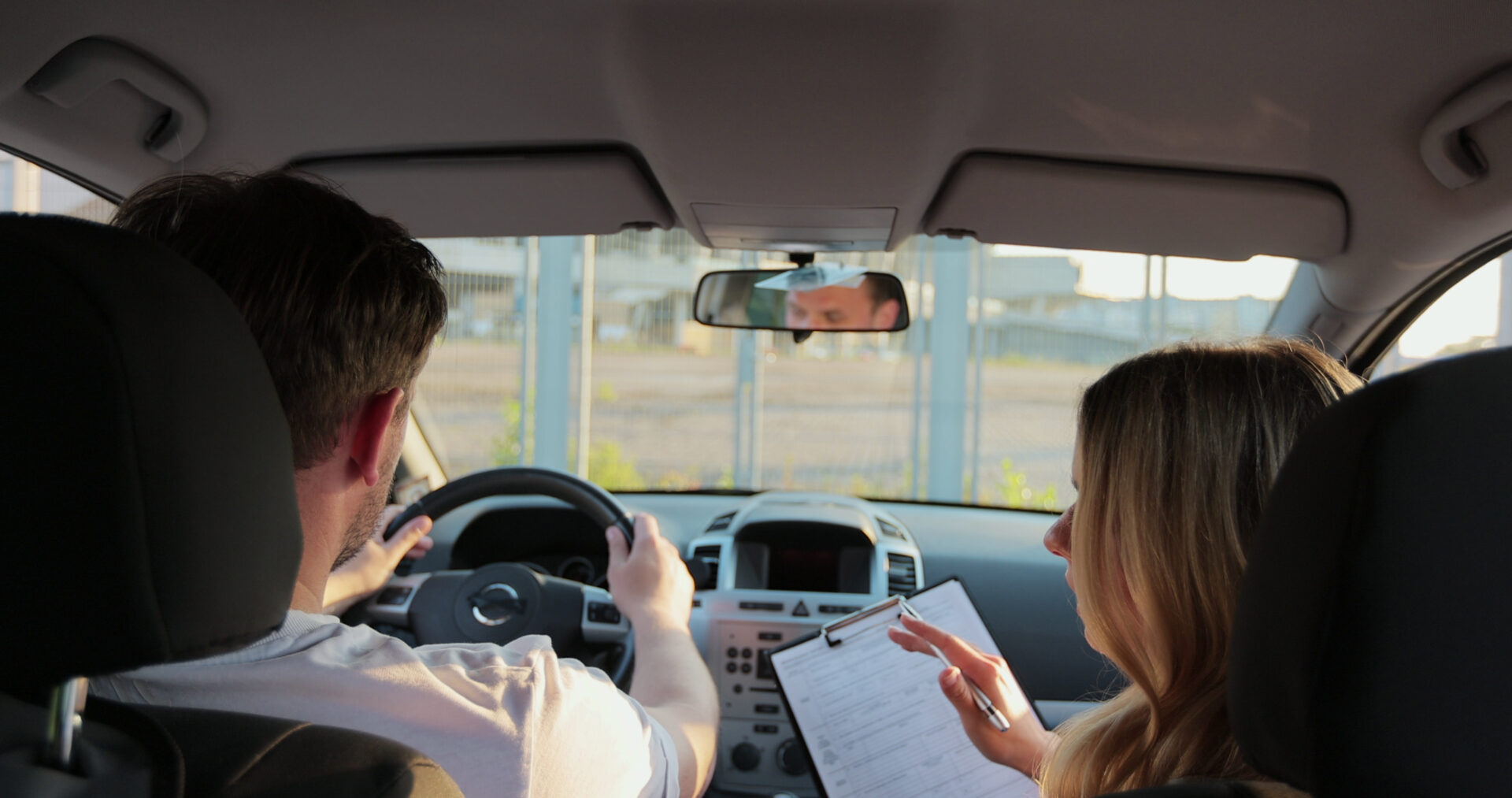Understanding Personal Injury Law in Florida
Kaiser Romanello Accident & Injury Attorneys
Call: 844-877-8679
Florida boasts sunshine and tourist spots. Its highways bustle too. Yet, personal injury laws govern car accidents, malpractice, and more. This FAQ clarifies the rules. It covers negligence and time limits. Filing a claim? This guide helps.
1. What Is Florida Personal Injury Law?
Florida statutes define personal injury law. They outline compensation for negligence or intentional harm. Cases include auto accidents and defective products. Premises liability and malpractice fit too. A Florida personal injury lawyer explains your rights. They tackle comparative negligence complexities.
2. How Does Comparative Negligence Work?
Comparative negligence splits fault in Florida. An at-fault driver may not take full blame. You might share some too. Example: You’re 20% responsible. Your settlement drops by 20%. This rule applies to dog bites and falls too.
3. What Cases Are Common in Florida?
Frequent personal injury cases include:
- Car and Truck Accidents: Cause injuries, bills, and damage.
- Medical Malpractice: Errors lead to pain or death.
- Premises Liability: Unsafe properties injure visitors.
- Dog Bites: Owners face strict liability.
- Product Liability: Faulty designs spark claims.
A crash or slip can rack up debt fast.
4. What’s the Statute of Limitations?
Florida sets a two-year limit. File within that time from the incident. Exceptions exist for malpractice or death. Miss it, and you lose your shot. A lawyer ensures you meet deadlines.
5. Who Pays My Bills?
PIP covers initial car accident costs. Your insurance pays first. Serious injuries exceed PIP limits. Pursue the at-fault party’s insurer then. Seek pain and suffering damages too. Gross negligence? Punitive damages might apply.
6. How Do I Prove Negligence?
To win, prove four things:
- Duty of Care: They owed you safety.
- Breach: They acted recklessly.
- Causation: Their actions caused harm.
- Damages: You faced losses.
Experts and records strengthen your case.
7. What’s My Lawsuit Worth?
Value depends on injury severity. Permanent disability boosts it. Medical bills factor in. Emotional distress counts too. Shared fault cuts your award. A lawyer targets fair compensation. Extreme cases add punitive damages.
8. Do I Need a Lawyer?
You can file alone. A lawyer improves outcomes though. They counter lowball insurance offers. They gather evidence fast. Many firms offer free consultations. Get advice without cost.
9. What About Wrongful Death?
Wrongful death suits help families. Negligence kills a loved one. File within limits. Recover bills and lost income. Lawyers guide you through.
10. Next Steps
Had an accident or malpractice issue? Don’t go solo. Call 844-877-8679. Book a free consultation. Review insurance coverage. A lawyer navigates negligence and deadlines. Florida law confuses. Experts clarify it.
Disclaimer
This isn’t legal advice. Cases vary. Laws evolve too. Consult a Florida personal injury lawyer. Get tailored guidance fast.











